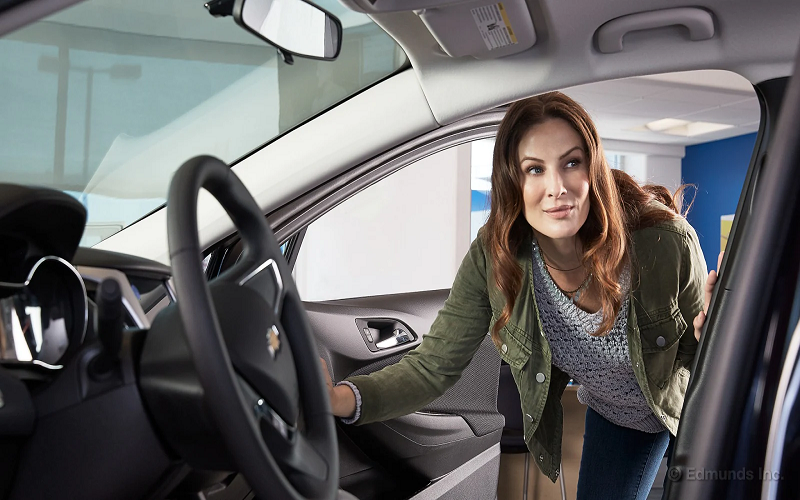Traveling in an RV is often a planning challenge for those who are new to it. Our many tips gleaned from experts and RV travel enthusiasts will surely help them. (All rights reserved)
How can we combine the pleasure of traveling along the roads singing (or even playing chess) and the pleasant feeling of feeling at home?
By practicing caravanning, let’s see! For vacations, this type of transportation – and lifestyle – allows you to discover the world without constantly being in your suitcases. Chad Davis, CPA, co-founder of LiveCA, is a fan of recreational vehicle (RV) travel. He, his wife and children were hooked after a first experience, to the point of one day setting off on an adventure to tour all of North America.
A great vacation no matter the route, but RV travel is often a planning challenge for those new to it. Isn’t an RV expensive? To rent one, who should we contact? To anchor yourself for a while, somewhere, what do you need to know?
To simplify your planning and ensure your vacation is affordable and memorable, we present some tips gleaned from RV travel experts and enthusiasts.
1. Find the rv that right for you
Recreational vehicles are offered in several sizes and configurations, ranging from trailers of all types to luxury motorhomes. [See What type of RV for your trip? ]
As Rob Tischler (owner of AllStar Coaches in Miami) explains in a guide dedicated to RVs , you will quickly narrow down your options after asking yourself some basic questions. For example, for your vacation, how much of your budget are you willing to allocate to an RV and the campground(s) you plan to go to? Do you want to tow your car on the back of a motorhome? What amenities and amenities are important to you?
“These answers will make you immediately eliminate certain options that do not fit with your needs, whether it is the RV itself or vacation spots to take a getaway, knowing that these do not have all the same services,” says the expert.
Start with a rental
If you’re new to the world of RVing, you’ll probably want to explore your preferences by starting with a rental. You can also get an idea of which options you may or may not be interested in by watching informative videos on YouTube or visiting an RV rental retailer in person. (In Toronto, for example, CanaDream is an RV rental/sales company that usually has a lot of vehicles in stock). And to take advantage of good opportunities, check out the RVezy site , sometimes nicknamed “the Airbnb of RV rentals”. You will easily find class B trailers and motorhomes for $120/night; motorhomes rent there at an average price of $250 to $300/night. Furthermore, the website of the Fédération québécoise de camping et de caravaning is a good source of information.
One thing is certain: if you opt for high-end, expect to pay a good amount. But if you calculate the savings in hotel and meal costs (you can cook in an RV or cook outdoors), you will perhaps arrive at comparisons that are equivalent or that favor the option more expensive initially. (To give you an overview of vacation costs, see our approximate budget. )
THINK ABOUT THE ESSENCE NOTE
Aside from rental costs, you have to consider the purchase of fuel, which represents the largest part of the total cost. On average, an RV consumes 12 to 30 liters of gasoline per 100 km, according to Authentik Canada , a Montreal travel agency specializing in road trips focused on the great outdoors and wildlife observation. Unsurprisingly, the larger the RV, the greater the consumption.
Fortunately, there are ways to save on gas or, at the very least, offset the cost:
To find campgrounds or other places to anchor, Mr. Best likes the AllStays app . Chad Davis uses Google Maps (satellite view) in conjunction with information from a site called Campendium . Other useful similar apps include RV Parky , Boondockers Welcome and Passport America (a club offering access to discounts: for US$44, you have access to 1,800 campsites at half price).

